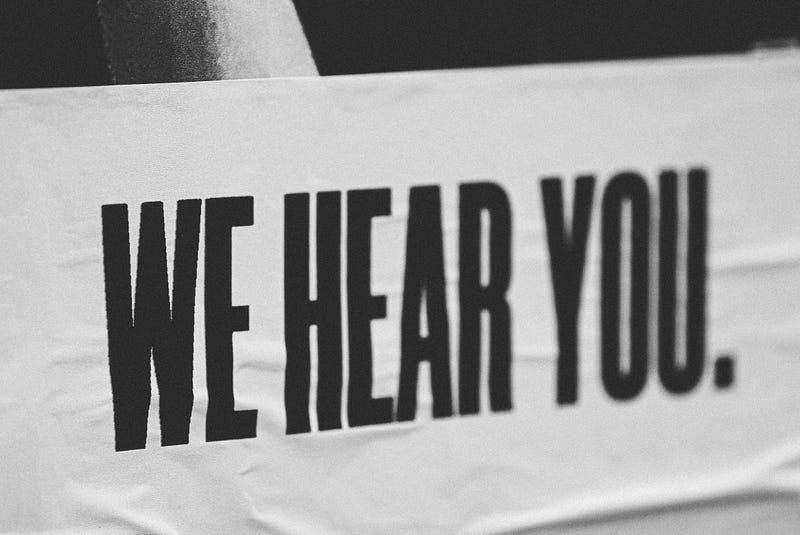Navigating the Six Types of Commenters and How to Respond
Written on
Understanding Commenters
When engaging with comments, it’s essential to keep a few straightforward rules in mind. Above all, remember this principle: “Always respond to comments that warrant a reply.” Let’s delve into the different categories of commenters and the appropriate strategies for communicating with them.
Types of Commenters
1. The Grateful
These individuals leave brief, appreciative remarks like, “Thank you for your content,” or “Your professionalism is commendable.”
Response:
Such positive comments are heartwarming. Ideally, express your gratitude in response; however, if faced with a barrage of these messages, it may be impractical to reply to each one.
2. The Picky
This type tends to nitpick minor flaws in your work. They may express dissatisfaction over trivial issues, which may not even exist, stemming from their subjective perceptions.
Response:
Acknowledge their vigilance and thank them for their attention. If the pointed-out error is significant to you, consider their feedback; otherwise, you can choose to overlook it.
3. The Haters
These commenters are often the most critical and toxic, seemingly unable to offer praise. Their goal is to criticize every aspect of your work, often using harsh language.
Response:
Wit and humor can diffuse their negativity. If a commenter resorts to blatant rudeness, don’t hesitate to ban them; it’s perfectly acceptable to maintain your boundaries with such individuals.
4. The Newsboy
Commenters in this category often provide insights comparable to those from established publications. They may not fully grasp the topic at hand but love to share their thoughts, occasionally offering valuable perspectives.
Response:
Thank them for their input, and consider engaging with their comments further. If they demonstrate genuine interest, you might even propose they contribute an article on the subject.
5. The Advertisers
Many advertisers disguise themselves as commenters, leaving links to their own content or services.
Response:
You have the option to ban them for unsolicited promotion or, depending on the situation, ignore them or negotiate a mutually beneficial arrangement.
6. The Scientist
This group often consists of self-proclaimed experts who may or may not have the credentials to back up their claims. Their comments can range from insightful to absurd.
Response:
Engage thoughtfully, using credible sources to support your responses. If they demand proof of their expertise, kindly ask for verification, which often leads to silence. However, if they offer genuine expertise, acknowledge their contribution and express appreciation.
The Importance of Comments
Regardless of the nature of the comments you receive, they are a fundamental aspect of your online presence. While you will encounter numerous positive remarks, negative comments can also stimulate discussion and engagement, which is beneficial. Remember, even critical feedback can be entertaining and serves to create interest in your content.

Chapter 1: Popular Questions and Insights
Explore popular questions and insights as Madison Beer responds to the internet's most searched queries, offering a glimpse into her experiences.
Chapter 2: The Art of Persuasion
Phil M. Jones discusses the power of words in "Exactly What to Say," providing tips on effective communication and persuasion techniques.